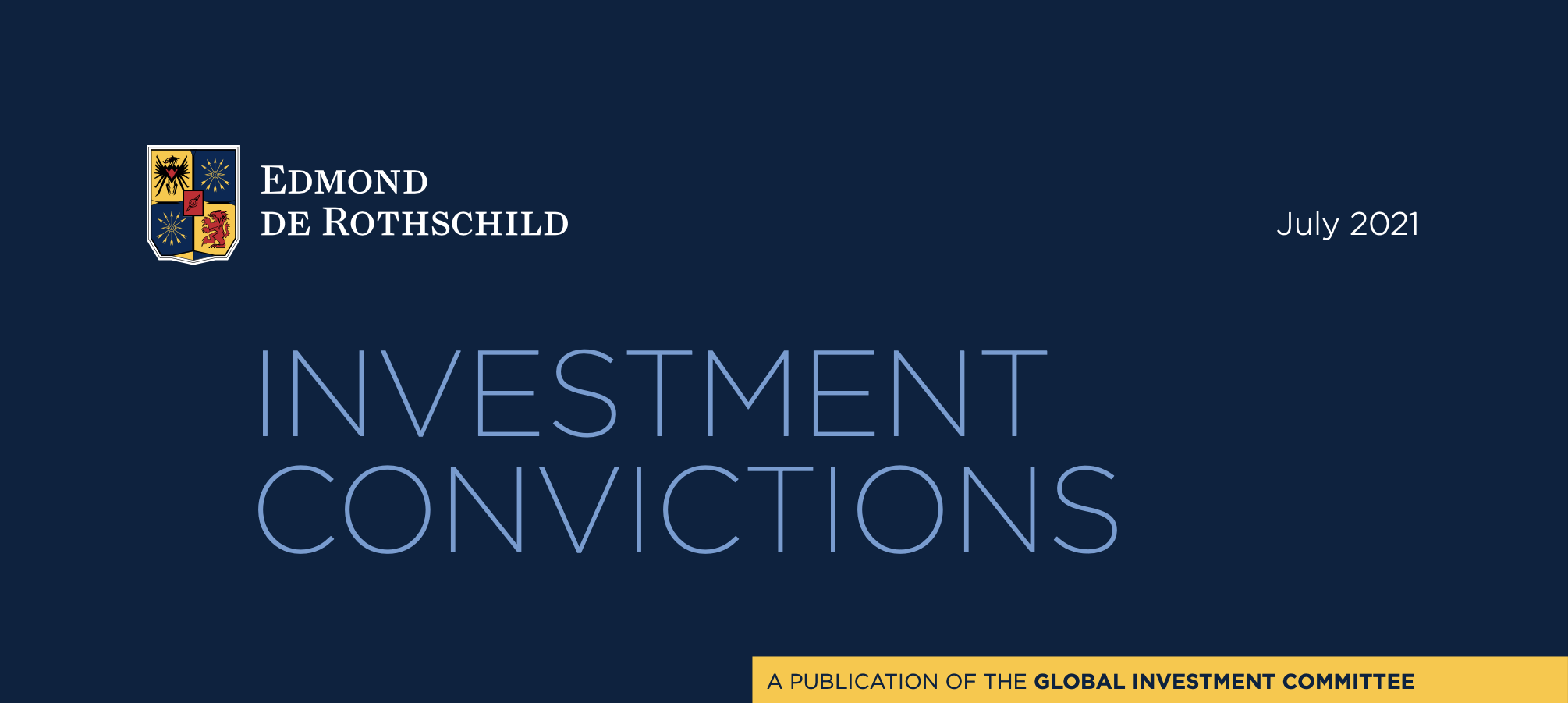Multi-manager investment enables your portfolio to be managed by several different fund managers, each selected for their expertise in specific market sectors. This ‘open architecture’ approach reduces your reliance on any one investment manager making the right decisions in all conditions, and provides the opportunity to have some of the world’s best mangers looking after your money.
By Rob Kay, Senior Partner, Blevins Franks
Did you see the athletics at the Commonwealth Games in Birmingham this summer? Or at the World or European Championships? And of course we had the Tokyo Olympics last year. It was great to see British success emerging with the likes of Jake Wightman, Keely Hodgkinson, Laura Muir and Eilish McColgan, but interestingly, there are some aspects of what you may have seen that are directly relevant to investing.
Specialists vs generalists – a sporting analogy
A useful way to explain the benefits of a multi-manager investment approach is to compare the difference in performance between a decathlon champion and the individual champion in each event.
You may have watched the athletics at the Commonwealth Games or European Championships and marvelled at the decathletes’ abilities. They have to be skilled at 10 different disciplines, quite a Herculean task – speed for sprinting, stamina for distance, strength for the field events and technique for events like the pole vault.
But while the decathlon champion is obviously an all-round athlete performing at an extremely high standard across ten different disciplines, they are frequently beaten by specialists in each of the individual events.
Let’s compare the performance of the decathlon gold medallist at the 2020 Tokyo Olympics (held in 2021) against the individual gold medallists in some of the individual disciplines.
The decathlon champion Damian Warner ran the 100m in 10.12 seconds. Lamont Marcell Jacobs took just 9.80 seconds in the individual event. The results of the other nine disciplines tell the same story. For example, Warner threw the javelin 63.44m, while the individual event gold medallist achieved 87.58m. Warner reached a height of 4.90m in the pole vault compared to the individual champion’s 6.02m. The specialist performed better than the generalist every time.
You would not expect a sprinter like Lamont Marcell Jacobs or Usain Bolt to also specialise in pole vault or javelin; specialists tend to be just that – specialists. There are many situations in life where a specialist performs more efficiently and delivers better results than a generalist, and this is particularly true in investments.
Just because an investment manager is skilled at managing UK equities, for example, does not mean he will be as successful at managing US or Japanese equities. Managers also tend to specialise in a certain style of investing, and these styles move in and out of favour according to economic and other factors. They will therefore produce impressive results in certain conditions, but below average ones in others.
Some investors rely on just one or two fund managers to look after their investment capital. But wouldn’t you prefer to have individual specialists managing the various areas of the market your capital is invested in?
Multi-manager investing
Today most investors agree that holding different asset classes and different regions and sectors in their portfolio spreads risk. Multi-manager funds add a third, and increasingly important, level of diversification to your portfolio.
You will benefit from a team of specialist managers, as well as diversification across multiple investment styles within each fund, with different managers looking after one style. So one fund could have five or more specialist managers, covering a variety of styles (growth, value, quality, risk management, market oriented etc).
This complementary blending of managers and styles can reduce investment risk, regardless of what style is in favour, and help provide more consistent returns through different market environments.
Just like a strained muscle would hamper the decathlete in all his events, if prevailing market conditions are unfavourable to a single manager’s investment approach, performance may suffer. Multi-manager spreads risk as it lowers the investor’s dependence on the success of a single manager’s approach.
Going back to the sporting analogy, in the world of athletics individual champions can easily change from year to year. The same can happen with investment managers, but the multi-manager firm’s research is designed to find the next champions. They constantly monitor their funds, so that managers can be changed as and when necessary to improve performance for clients.
Multi-manager investing is not designed to attempt to win a gold medal in just one particular season. Rather, it aims to produce consistent results, season by season, over a long-term period.
This investment approach can prove suitable for various investors with different needs. However, you should always discuss your requirements with a professional financial adviser, as your investment strategy should be targeted to meet your personal objectives. At Blevins Franks, we combine investment advice with effective tax and estate planning strategies, to maximise wealth preservation opportunities.
These views are put forward for consideration purposes only as the suitability of any investment is dependent on the investment objectives, time horizon and attitude to risk of the investor. The value of investments can fall as well as rise, as can the income arising from them. Past performance should not be seen as an indication of future performance.
Blevins Franks Group is represented in France by the following companies: Blevins Franks Wealth Management Limited (BFWML) and Blevins Franks France SASU (BFF). BFWML is authorised and regulated by the Malta Financial Services Authority, registered number C 92917. Authorised to conduct investment services under the Investment Services Act and authorised to carry out insurance intermediary activities under the Insurance Distribution Act. Where advice is provided outside of Malta via the Insurance Distribution Directive or the Markets in Financial Instruments Directive II, the applicable regulatory system differs in some respects from that of Malta. BFWML also provides taxation advice; its tax advisers are fully qualified tax specialists. Blevins Franks France SASU (BFF), is registered with ORIAS, registered number 07 027 475, and authorised as ‘Conseil en Investissements Financiers’ and ‘Courtiers d’Assurance’ Category B (register can be consulted on www.orias.fr). Member of ANACOFI-CIF. BFF’s registered office: 1 rue Pablo Neruda, 33140 Villenave d’Ornon – RCS BX 498 800 465 APE 6622Z. Garantie Financière et Assurance de Responsabilité Civile Professionnelle conformes aux articles L 541-3 du Code Monétaire et Financier and L512-6 and 512-7 du Code des Assurances (assureur MMA). Blevins Franks Trustees Limited is authorised and regulated by the Malta Financial Services Authority for the administration of retirement schemes. This promotion has been approved and issued by BFWML.
You can find other financial advisory articles by visiting our website here























































